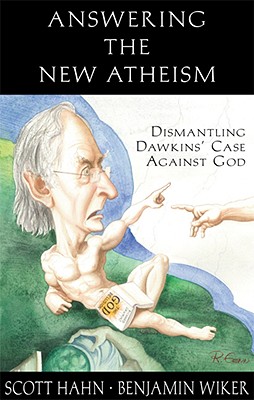
description
his thirty years as an evangelical Christian. He wasn't unintelligent, nor did his IQ shift when he ultimately left religion entirely. He considered himself thoughtful, moral, reasonable, and at least as smart as the average person. In other words, he wasn't an idiot. Yet strangely, he often sounded like one. In any other context, Christians would likely smirk, scoff, or recoil at many of their "normal" beliefs and practices: reenacted Easter crucifixions, eating monthly communion "flesh," singing hymns about being washed in blood, and the embrace of a Bible containing scripture verses about golden hemorrhoids, apocalypse dragons, and human sacrifice, So what gives? Are these notions embraced only because they're familiar? Do they make any sense? And do they cause otherwise reasonable people to sound like idiots? Seth Andrews admits that, for himself, the answer was a definite yes. For everyone else? Read the book and decide.
member goods
No member items were found under this heading.
listens & views

PALISADES VIRTUOSI / NEW AMERICAN ...
by GIRAD / MANNO / COOPER / LANE / SOMERS / LAMPKIN
COMPACT DISCout of stock
$14.75

GALINA VISHNEVSKAYA SINGS RUSSIAN SONGS
by VISHNEVSKAYA,GALINA / ROSTROPOVICH,MSTISLAV
COMPACT DISCout of stock
$11.99
Return Policy
All sales are final
Shipping
No special shipping considerations available.
Shipping fees determined at checkout.





